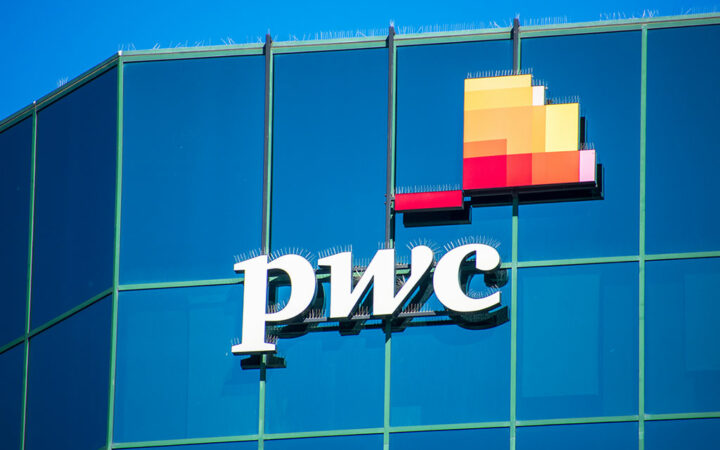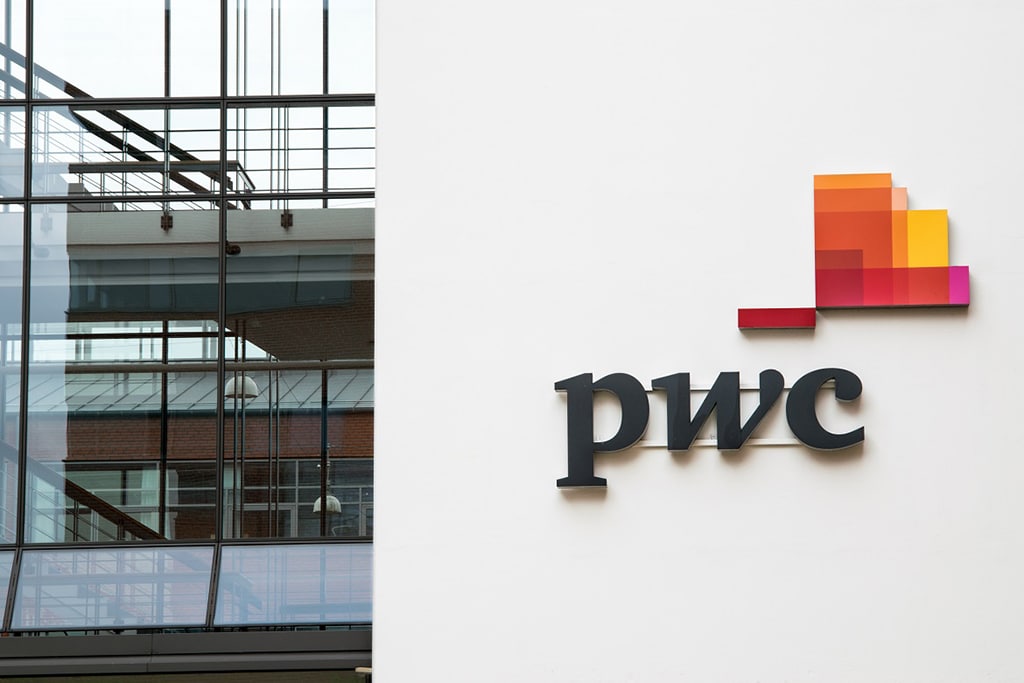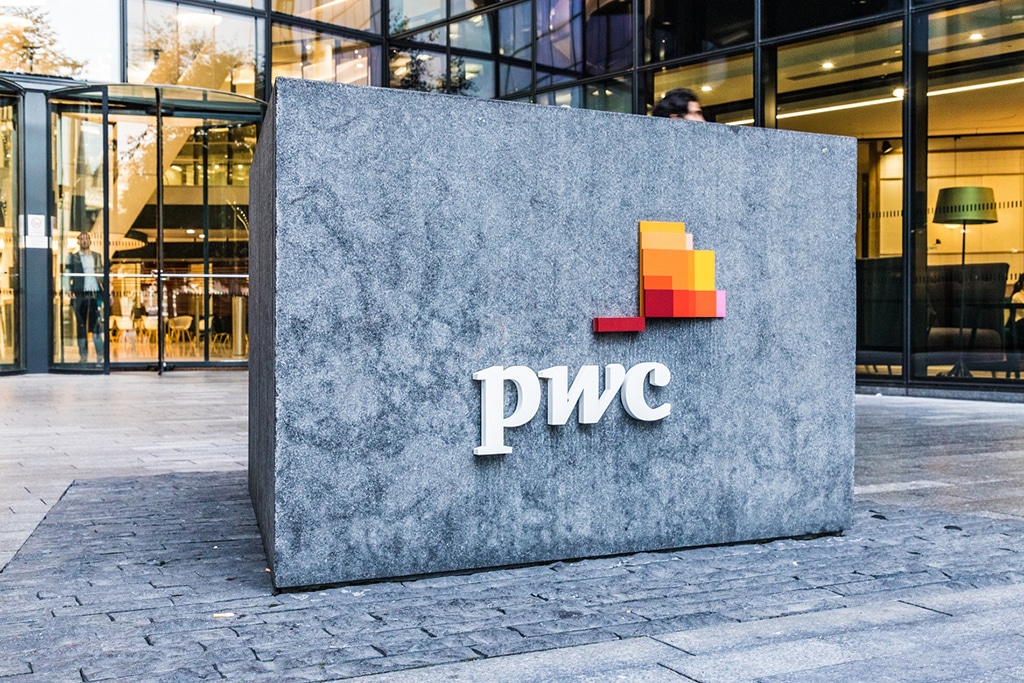Currently, there is a lot of activity going on in all sectors around blockchain technology. Cryptocurrencies have already had a strong impact on payment systems, remittances, currency exchanges, investment and venture capital, to name but a few areas. Blockchain has even turned the food supply chain industry upside down. This disturbance was caused by the urgent need to strengthen trust in digital technologies. Companies are redefining their business approach, following the trend and seeking to create opportunities that are open to everybody.
Also, I can’t help mentioning the fact that due to the analytical research conducted by PwC, blockchain technologies can provide the world with a GDP growth of $1.76 trillion in the next 10 years. Now, blockchain is actively being integrated into various industries and it’s quite hard to find a segment that has not been affected positively by it. For instance, protected and secure distributed registry technologies can support the transfer of any data or digital assets, which is incredibly valuable. By the way, real estate remains the most significant asset-class in the world – and what happens when it’s combined with blockchain?
Actually, it is already happening.
You must have heard that the real estate market has introduced innovations such as SaaS platforms, VR and 3D technologies, which are very effective in building design, construction and the implementation of facilities. However, speaking of breakthroughs in the area of real-estate deals, the first place deserves blockchain technologies. Rental homes, parking spaces, land – all these can already be purchased and sold on blockchain. Interaction between buyers, sellers and investors has gone to a new level.
In addition to IT technologies, I am deeply involved in Australian real-estate development and I can say with confidence that in the coming years, the active introduction of blockchain technologies is going to continue in this market. The system of trust inherent in blockchain makes it an ideal technology for real-estate dealings. Companies worldwide are starting to use smart contracts and blockchain capabilities for transparent and effective facilitation of renting, buying, investing and even lending. Let’s figure out how exactly. In this article, I will be considering the advantages that the implementation of blockchain technologies in the real-estate sector has brought. I am also going to talk about how new technologies are changing the rules of the game in the market right now.
First of all, let’s talk about trust.
When deal-making in real estate, trust in an agent/listing/lessee is an indispensable factor. The use of Distributed Registry Technology (DLT) allows owners to get a more transparent and detailed understanding of the history of payments and data about tenants, significantly increasing confidence. DLT also conducts contract processes and reduces time and expenses, once implemented. Moreover, there is a huge number of real estate transactions taking place daily around the world, prompting the growing need for a common database of leases and purchases. Blockchain is able to update the Multi Listing Traditional System (MLS) – a professional information system combining offers from market participants from different real-estate agencies – and create a much more transparent MLS in which brokers and agents can see the entire transaction history of ownership.
By the way, MLS “on blockchain” is able to become the main channel for the purchase and sale of real property objects in local markets; it can also significantly facilitate the identification of suitable options for transactions between interested parties. As an example, I will cite the decision made by ManageGo based in New York – software based on blockchain developed by ManageGo is helping managers and real-estate owners to process payments, scrutinize customers’ creditworthiness and most crucially, obtain as detailed an overview as possible of the payment history of potential tenants. It is also worth mentioning StreetWire (New York) – this company creates solutions for secure transactions in the real-estate sector by encrypting data on the basis of blockchain. At the same time, the platform helps to speed up transactions as well as increase their transparency.
Tokenization Is a Sure Way to Increase Liquidity
In the past, real estate transactions through digital channels have not been the norm, rather they have aroused fear and skepticism. Now, of course, most real estate transactions are conducted through offline/face-to-face meetings. Nevertheless, blockchain is a way to change how things work. Smart contract implementation allows users to tokenize the assets such as immovable property and what’s most interesting, trades can be conducted using cryptocurrencies. It is important to note that real estate has long been considered an illiquid asset because it takes a lot of time to close a deal. However, it is much easier to sell real property as tokens.
An example from San Francisco – Harbour is a platform that provides all the instruments needed for tokenizing private securities, including real estate. The company tokenizes assets in the real-estate sector, including funds, ownership of buildings and land to increase market liquidity. Another example is a consulting firm called Crypto Realty Group based in California – they provide services that enable clients to buy and sell commercial real estate with the help of cryptocurrencies on an international level.
Eliminating Intermediaries and Reducing Costs
Brokers, lawyers and banks have long been “rooted” in the ecosystem of real estate. Nevertheless, blockchain technology has already begun taking small steps to drive them out of the market. What does the exclusion of mediators mean? Or the minimization of commissions in this case? The answer is very simple: buyers and sellers will benefit much more from the transactions because they save money on commissions and fees charged by the intermediaries, in the current reality. Also, I must mention the fact that in addition to the above, blockchain platforms reduce verification costs, loan fees, taxes, etc. as all processes become part of an automated process. An example is the American decentralized platform called Deedcoin, which allows you to minimize transaction commissions on deals closed up to 1%, as well as get a decent cashback for real estate sales.
Investment in Real Estate Becomes More Accessible
Blockchain technologies remove barriers to investment in real estate and provide interested parties with interesting new opportunities, namely shared or partial ownership. The threshold for entering the investor circle used to be very high, due to the fact that only those who started out with high capital could invest in real estate and pay for expensive intermediary services. With the introduction of blockchain, owners of real estate can offer shares or tokens for their property in the market, which allows investors to buy a part, not all the property.
Can you feel how the process is being simplified? It’s unbelievable. Also, equity helps investors to avoid managing property, not only that, not everyone is eager to consider the technical maintenance of the purchased premises or to rent them out. For example, the company RealBlocks (New York) uses blockchain exactly for these purposes. The platform allows investors to buy part of a property instead of purchasing assets outright. Moreover, thanks to tokenization, RealBlocks solutions also reduce commissions and significantly accelerate transactions.
To sum up, in the new reality, the world’s real estate price boom goes hand in hand with the active introduction of blockchain technologies. It has significant potential for transparency, efficiency and cost-savings for property owners because of the way it addresses many of the existing shortcomings in key processes. Of course, the implementation of blockchain in real estate is still in its initial stage.
There are still many issues to address regarding process standardization, legislative regulation and usage rules. At the moment, the market has not yet fully grasped the opportunities that blockchain technologies are beginning to create on a global level. Nevertheless, the first steps have been accomplished already: companies have started to look towards the future with a new perspective, they have the opportunity to explore the potential of blockchain to spur growth as well as the chance to create a more transparent system that is more efficient than ever before.
Disclaimer: Coinspeaker is committed to providing unbiased and transparent reporting. This article aims to deliver accurate and timely information but should not be taken as financial or investment advice. Since market conditions can change rapidly, we encourage you to verify information on your own and consult with a professional before making any decisions based on this content.

Chief Executive Officer at NFT STARS! and SpaceSwap. Executive board member of the Platinum.fund. International entrepreneur. Software developer. Property developer in Australia. Angel investor.





